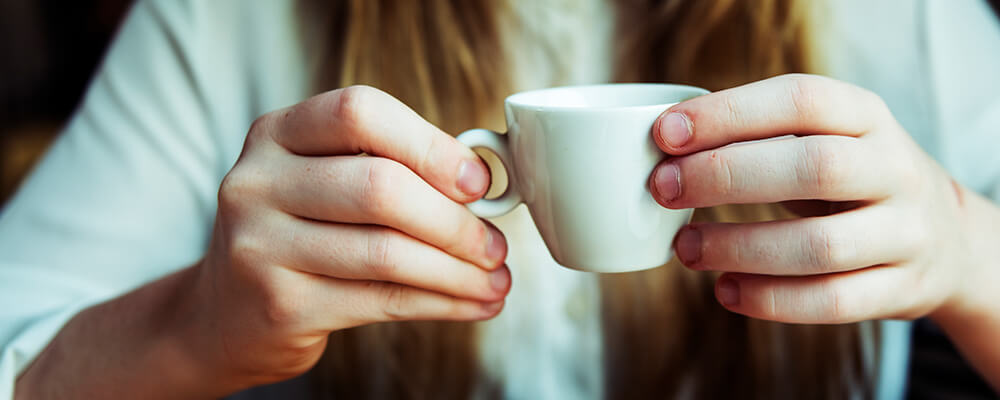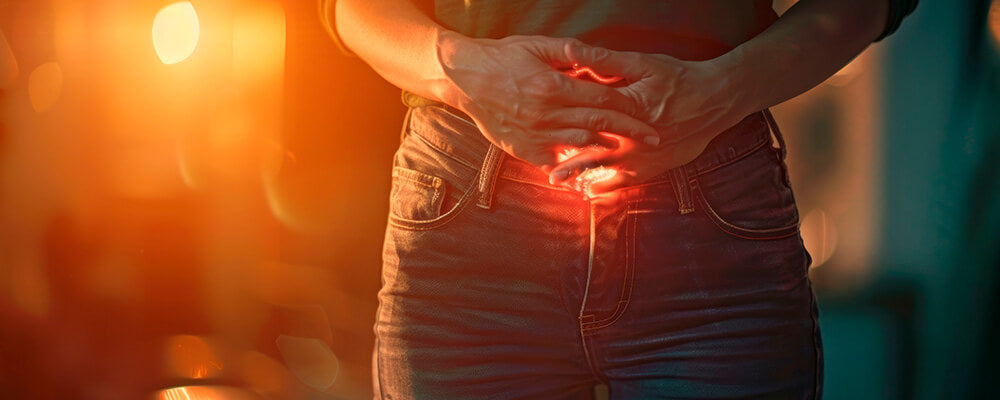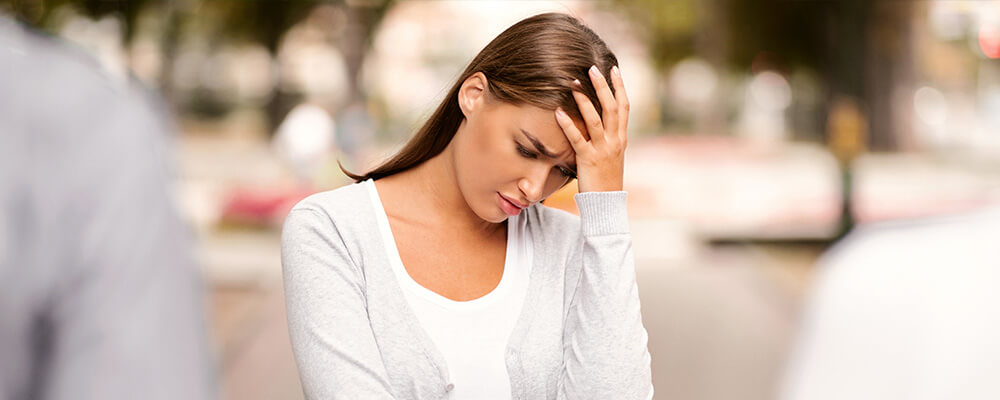Caffeine for energy when you wake up: is it good or bad for you?

It’s 6 a.m. Your eyes are struggling to peel away, and instinctively your feet are leading you to the coffee machine. You feel like your coffee is almost as necessary as the air you breathe.
What if I told you that this routine, so ingrained in you, could be working against your vitality?
Read on to find out if caffeine is really good for your energy when you wake up or if it's an intruder disguised as a savior.
Cortisol: your internal alarm clock
Your body is equipped with a wake-up mechanism: cortisol, otherwise known as the stress hormone. Cortisol naturally begins to rise just before you wake up, preparing your body for the day.
But if you incorporate coffee into this delicate process, it's like having a military regime sergeant shout in your ear: “Wake up, NOW!” just as your eyes begin to open.
So the effect of coffee is such that it causes a massive production of cortisol.
The result is that you spend your days feeling constantly on edge and on alert, similar to what you would experience if you were being chased by a vicious pitbull. And then you don't know what to do when you're too stressed out.
Adenosine and coffee: the hidden battle behind your sleepless nights
And what is adenosine? It is a substance that helps you relax and sleep.
Well, caffeine blocks adenosine receptors in your brain, keeping your body in emergency mode. The result: jitters, anxiety, and trouble sleeping.
The rise and the fall
You grab your coffee and, boom! You feel like you can handle any challenge that comes your way.
But a few hours later, what happens? That high turns into a free fall. The biggest problem with that is that when you feel a new wave of tiredness and fatigue, you go and drink two, three or even four cups of coffee with sugar, to “recharge.”
It is a vicious circle with long-term effects, especially in women over 40 years of age:
- Chronic stress
- Anxiety
- Mood swings
- Fatigue
- Premenstrual pains
- Hot flashes
- Digestive problems
Caffeine for energy affects your biological clock
Caffeine can disrupt your natural sleep-wake cycle, which is the time when you wake up with daylight and fall asleep when darkness falls.
In fact, if you consume coffee after 4 p.m., 10 p.m., there may still be traces of caffeine in your system.
This can interfere with your sleep, making it difficult not only to fall asleep, but also to wake up the next day.
Should you quit caffeine?
Not necessarily. What I suggest is that you reconsider your relationship with caffeine:
- Consume organic, mycotoxin-free, shade-grown coffee.
- Delay your first cup 90 minutes to allow your body to energize naturally.
- Gradually reduce coffee to one cup a day. Then, energize yourself with alternatives such as decaf coffee, matcha tea, mate or protein shakes.
Remember that your habits will define how energetic you feel from morning to night: sleep well, eat healthy, exercise and manage stress.
When you replace caffeine for energy when you wake up with these actions, you will discover a more energized and balanced version of yourself.
Important: This content is for educational purposes only and should not be used as medical advice. If you have any health conditions, please consult your doctor.
Fountain:





Comments